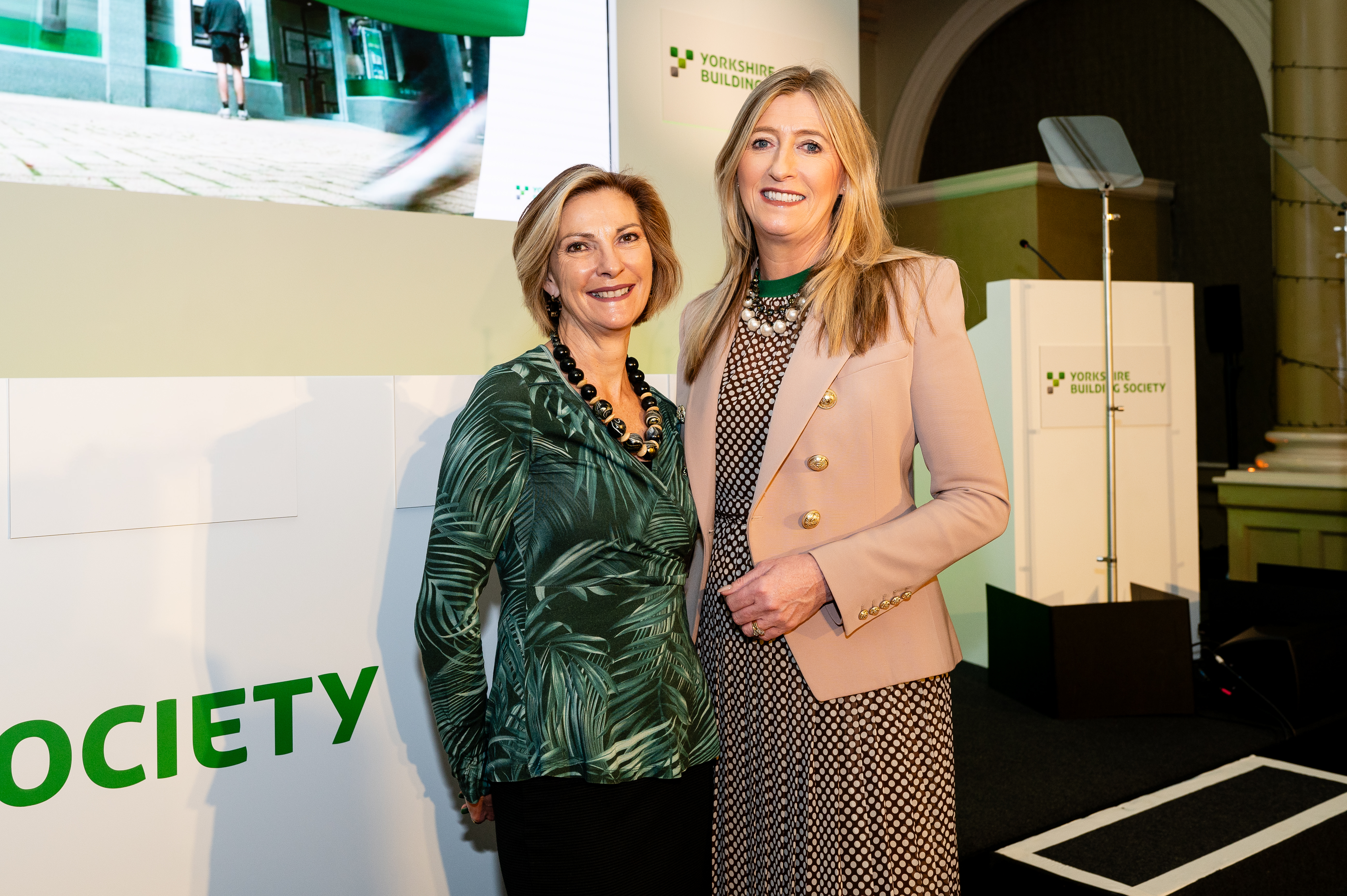Yorkshire Building Society's reaction to the 2021 budget | YBS
Yorkshire Building Society's reaction to the 2021 budget
Yorkshire Building Society has already called for the Government to:
- Abolish the lowest stamp duty threshold (£125,000), to support households to move up the housing ladder and increase the supply of properties available for first-time buyers
- Offer a one-time exemption from stamp duty for ‘downsizers’, up to a transaction value cap of £500,000. This would increase the number of larger homes available for growing households
Commenting on today’s Budget, Nitesh Patel, Strategic Economist at Yorkshire Building Society, said:
While we welcome the Chancellor’s announcement that the Government is to invest £11.5 billion in building 180,000 new affordable homes on brownfield sites, Rishi Sunak could have further increased the number of properties available from existing housing stock through stamp duty reform.
The stamp duty holiday brought in to support buyers during the Covid pandemic has created distortion in the market and resulted in demand far outstripping supply.
Our proposal supports first time buyers, second-steppers and downsizers by freeing up appropriate properties to meet their housing needs at all life stages, thus increasing supply in addition to new builds and would support a healthy housing market.
We estimate that 50 per cent of all residential purchases fall below the £250,000 threshold which account for only circa 10 per cent of total residential stamp duty receipts.
Abolishing the lowest threshold would make it easier for homeowners at the lower end of the ladder to trade up to a larger home and would increase the supply of existing housing available for First Time Buyers.
Paying stamp duty can be a particular problem for older people who are asset rich but cash poor. While they may be able to pay duty after completing a move to a smaller property, offering a one-time exemption would increase the supply of larger homes for growing families and result in older people being more able to enjoy a higher quality of life, with more cash available to spend in the local economy.
Furthermore, a healthy housing market directly and indirectly supports employment and raises income for the Exchequer from different elements of the home-move process – for example, from conveyancing, removals, new kitchens, bathrooms and home furnishings.
All information correct at time of publication.
W55-21







